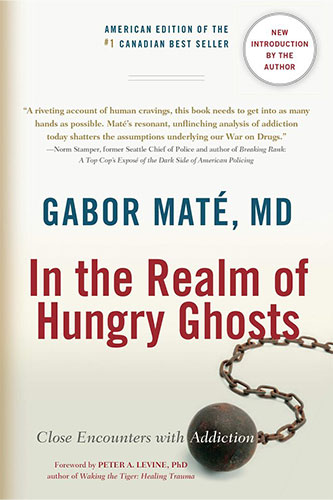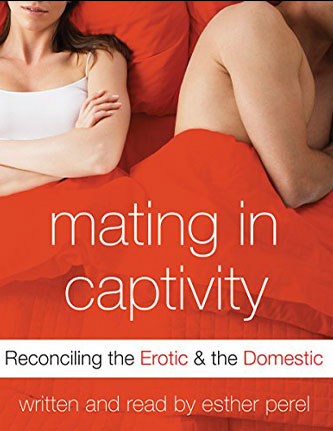Mental Health Resources
Books
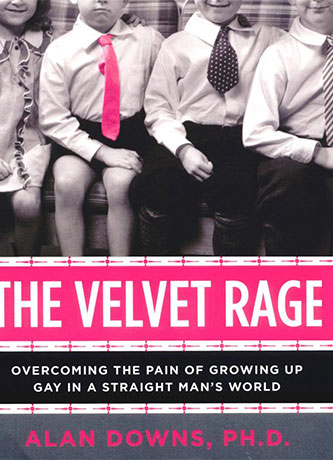
The Velvet Rage: Overcoming the Pain of Growing Up Gay in a Straight Man's World
Alan Downs Ph.D.
Learn More
Rejection Proof: How I Beat Fear and Became Invincible Through 100 Days of Rejection
Jia Jiang
Learn More
Wired for Dating: How Understanding Neurobiology and Attachment Style Can Help You Find Your Ideal Mate
Stan Tatkin, PsyD, MFT
Learn More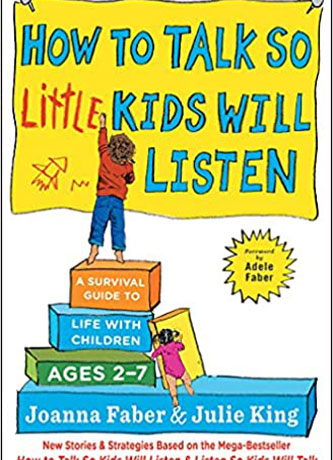
How to Talk so Little Kids Will Listen: A Survival Guide to Life with Children Ages 2-7
Joanna Faber And Julie King
Learn More
How to Be the Parent You Always Wanted to Be (How To Talk)
Adele Faber And Elaine Mazlish
Learn More
How to Get Your Kids to Listen to You: Communicating with Your Toddler, Tween, Teen and Older Children – Know How to Get Through to Your Kids
Jennifer N. Smith
Learn More
How to Talk So Kids Will Listen & Listen So Kids Will Talk
Adele Faber And Elaine Mazlish
Learn More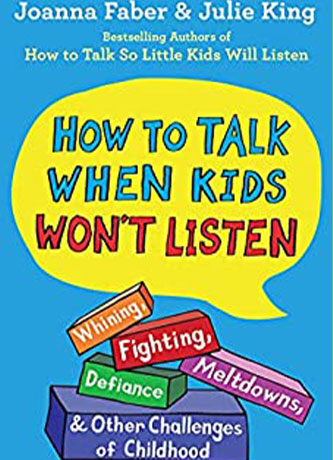
How to Talk When Kids Won't Listen: Whining, Fighting, Meltdowns, Defiance, and Other Challenges of Childhood
Joanne And Julie King
Learn More
How to Talk so Kids Will Listen & Love Languages of Kids: Practical Survival Guide to Parenting with Love and Logic (Toddlers, Preschoolers, Grade-Schoolers & Teens)
HealthMedicine Press
Learn More
The 5 Love Languages of Children: The Secret to Loving Children Effectively
HealthMedicine Press
Learn More
How to Stop Losing Your Sh*t with Your Kids: A Practical Guide to Becoming a Calmer, Happier Parent
Carla Naumburg
Learn More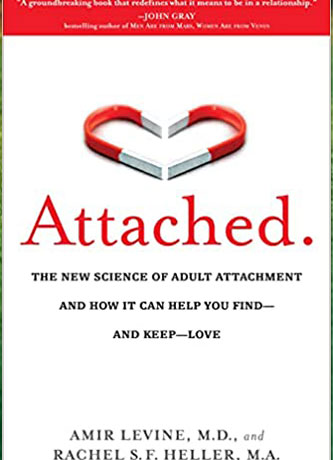
Attached: The New Science of Adult Attachment and How It Can Help You Find - and Keep - Love
Amir Levine And Rachel Heller
Learn More
The High-Conflict Couple: A Dialectical Behavior Therapy Guide to Finding Peace, Intimacy, and Validation
Alan E. Fruzzetti, PhD
Learn More
Wired for Love: How Understanding Your Partner's Brain and Attachment Style Can Help You Defuse Conflict and Build a Secure Relationship
Stan Tatkin, PsyD, MFT
Learn More
The Seven Principles for Making Marriage Work: A Practical Guide from the Country’s Foremost Relationship Expert, Revised and Updated
John M. Gottman, PhD
Learn More







